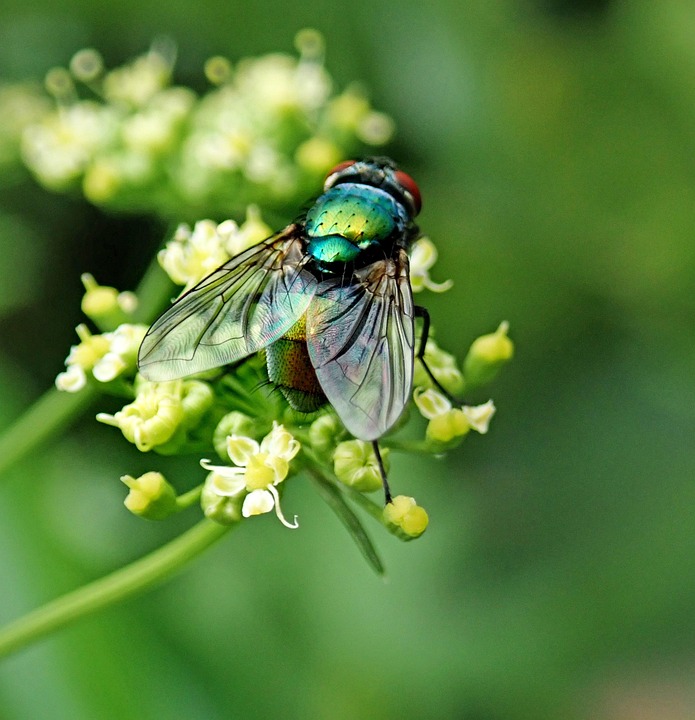The Battle of the Backyard: Conquering Common Garden Pests
Having a beautiful backyard is a dream for many homeowners, but dealing with garden pests can quickly turn that dream into a nightmare. From pesky insects to hungry rodents, there are a variety of pests that can wreak havoc on your plants and flowers. However, with the right strategies and tools, you can conquer common garden pests and reclaim your backyard oasis.
Identifying Common Garden Pests
Before you can effectively combat garden pests, it’s important to know what you’re up against. Some of the most common pests that can infest your backyard include:
- Ants
- Aphids
- Slugs
- Snails
- Squirrels
- Rabbits
Each of these pests can cause damage to your plants in different ways, so it’s important to be able to identify them and understand their behavior in order to effectively combat them.
Preventing Garden Pests
One of the best ways to deal with garden pests is to prevent them from infesting your backyard in the first place. Here are some strategies you can use to keep pests at bay:
- Keep your garden clean and tidy to eliminate potential hiding spots for pests.
- Plant pest-resistant varieties of plants and flowers.
- Use physical barriers such as fences or netting to keep out larger pests like rabbits and squirrels.
- Encourage natural predators like ladybugs and spiders to help control pest populations.
By taking these preventive measures, you can reduce the likelihood of a pest infestation in your backyard.
Organic Pest Control Methods
If you do find yourself dealing with a pest problem in your backyard, there are a variety of organic pest control methods you can use to combat them. Some common organic pest control methods include:
- Neem oil spray: Neem oil is a natural insecticide that can help control a wide range of garden pests.
- Diatomaceous earth: This powdery substance is made from fossilized algae and can be sprinkled around plants to deter crawling insects.
- Companion planting: Planting certain herbs and flowers alongside your vegetables can help repel pests.
- Handpicking: For larger pests like slugs and snails, handpicking them off your plants can be an effective control method.
These organic pest control methods are safe for the environment and can help you combat garden pests without resorting to harsh chemicals.
Chemical Pest Control
In some cases, organic pest control methods may not be enough to effectively combat a pest infestation. In these situations, you may need to turn to chemical pest control methods. It’s important to use caution when using chemical pesticides, as they can be harmful to beneficial insects and the environment. Be sure to carefully read and follow the instructions on the pesticide label, and consider using less toxic alternatives whenever possible.
Common Questions About Garden Pest Control
Here are some common questions that homeowners have about dealing with garden pests:
Q: How can I tell if my plants are being attacked by pests?
A: Look for signs of damage such as holes in leaves, chewed stems, or wilting plants. You may also see the pests themselves, such as aphids or caterpillars.
Q: Are there natural ways to control garden pests?
A: Yes, there are many natural pest control methods that can be effective in combating garden pests without the use of harsh chemicals.
Q: What should I do if I have a severe pest infestation in my backyard?
A: If you’re dealing with a severe pest infestation, you may need to consult with a professional pest control service to help you effectively combat the problem.
Conclusion
Dealing with garden pests can be a frustrating experience, but with the right strategies and tools, you can conquer common pests and keep your backyard looking beautiful. By identifying common garden pests, taking preventive measures, and using organic pest control methods, you can effectively combat pest infestations and reclaim your backyard oasis. Remember to use caution when using chemical pesticides and always consider the environmental impact of your pest control methods. With a little persistence and effort, you can keep your backyard free from pests and enjoy a thriving garden all season long.




















































